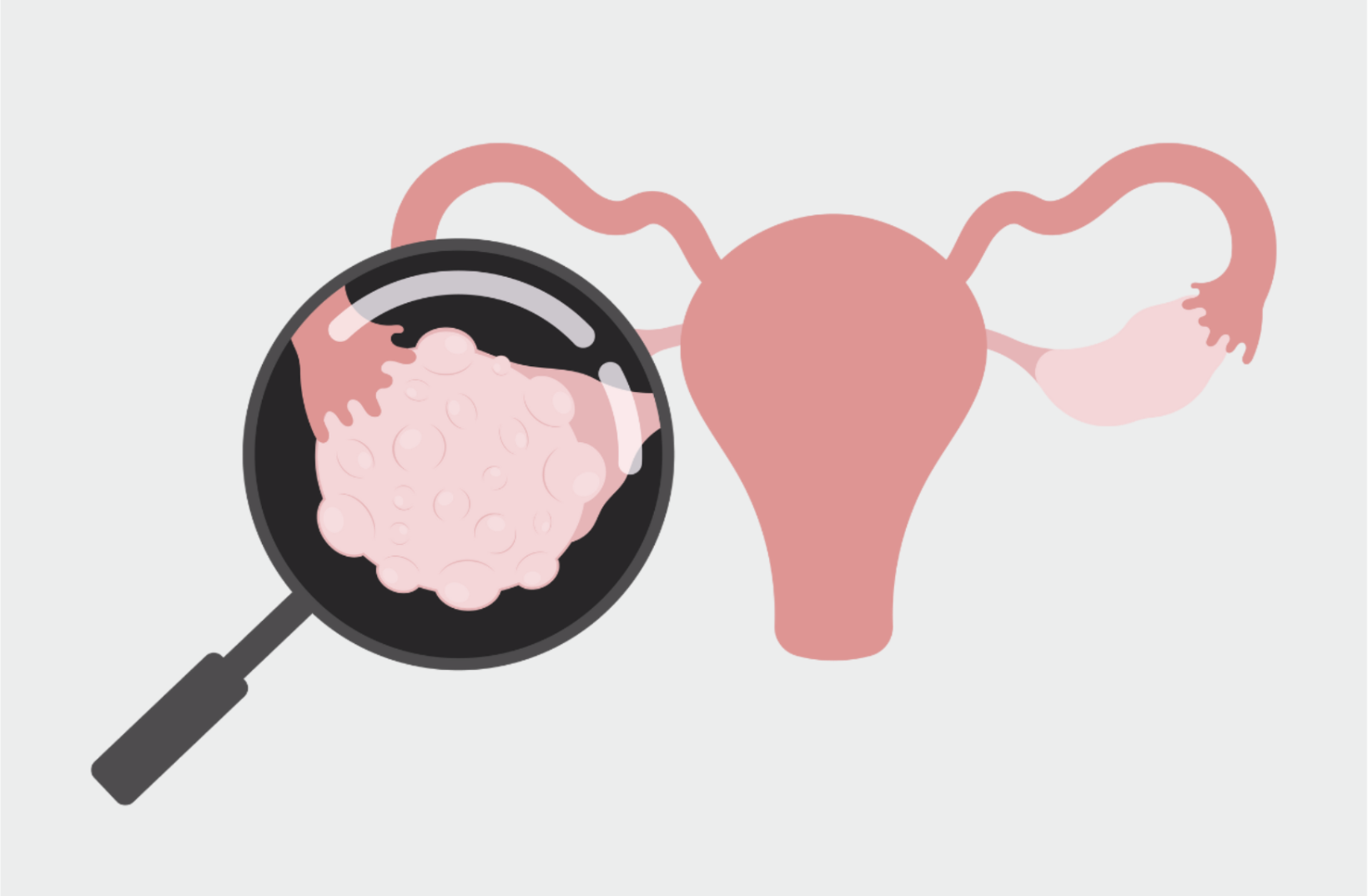.png)
.png)
Egg freezing (also known as oocyte cryopreservation) is a way to preserve your eggs today for potential use in the future. It offers women more control over their reproductive timeline. While the thought of freezing your eggs might seem intimidating, the actual egg retrieval portion of the process is a minimally invasive procedure. Let's break down what egg freezing involves and whether it requires surgery.
Egg freezing: a step-by-step overview
The egg freezing journey typically involves several phases. Understanding each step can help ease any anxieties and make you feel more prepared for the process. Let's break it down in more detail:
- Medical screening: Before embarking on the egg freezing process, you'll undergo a comprehensive medical screening with your fertility doctor. This evaluation helps determine if you're a good candidate for egg freezing and ensures the process is right for you. The screening might involve reviewing your medical history to identify any underlying health conditions that could impact egg quality or the success of the procedure. Additionally, you might have a physical exam to assess your overall health. Ovarian reserve testing— which includes blood tests to measure hormone levels (especially AMH) and ultrasounds to assess the number of follicles in your ovaries— is common for evaluating ovarian reserve (your body's supply of eggs).
- Ovarian stimulation: Once you’re ready to get started, you'll take hormonal medications for about 10-12 days. These medications work by stimulating your ovaries to produce multiple eggs in a single cycle, rather than the usual one. The goal is to increase the number of eggs available for retrieval, giving you more options for the future.
- Monitoring: During the ovarian stimulation phase, you'll visit your fertility clinic for regular checkups. These appointments typically include ultrasounds to track how your follicles (where the eggs develop) are growing, and blood tests to monitor your hormone levels. This close monitoring helps your doctor personalize your medication dosage and determine the optimal time for egg retrieval.
- Trigger shot: When your eggs are nearing maturity, you'll receive a final injection of a hormone called hCG (human chorionic gonadotropin). This "trigger shot" essentially gives the eggs the final push to fully mature in preparation for retrieval.
- Egg retrieval: Approximately 36 hours after your trigger shot, you'll undergo the egg retrieval procedure. This is an outpatient procedure done under sedation, meaning you'll be asleep and won't feel any pain. Your doctor will use a thin needle guided by ultrasound to carefully aspirate the eggs from your ovarian follicles.
- Freezing: Immediately after retrieval, the eggs are taken to a specialized lab. Here, they undergo a process called vitrification, which involves flash-freezing them in liquid nitrogen. This ultra-rapid freezing preserves the eggs in a way that maximizes their viability for future use.
Does egg freezing require surgery?
Many women are understandably curious about the egg retrieval process and whether it requires surgery. The reassuring answer is no – egg retrieval is a minimally invasive, outpatient procedure. It doesn't involve any incisions, stitches, or the extended recovery time typically associated with surgery.
The procedure itself takes place at a fertility clinic and usually lasts less than 30 minutes. You'll receive sedation, ensuring you're entirely relaxed and won't experience any discomfort. To retrieve your eggs, your doctor will use a thin needle guided by ultrasound imaging. This needle is carefully inserted through your vaginal wall and into your ovarian follicles to delicately extract the mature eggs.
While egg retrieval isn't surgery, some mild side effects are common afterward. You may experience some cramping, bloating, or tenderness – similar to what you might feel during a menstrual period. Over-the-counter pain relief typically manages these symptoms, and they generally fade within a day or two. Most women can resume their regular activities quickly after the procedure.
Deciding if egg freezing is right for you
Egg freezing empowers you to take charge of your reproductive timeline. It is a proactive approach to family planning, offering the potential to build the family you desire on your own terms. While the decision to freeze your eggs is personal, this option opens up possibilities that might not have existed otherwise.
If you're considering egg freezing, the most important step is to consult with a reputable fertility doctor. They can provide the personalized guidance, realistic expectations, and expert support you need to make an informed decision that aligns with your individual goals and circumstances. By exploring all aspects of egg freezing, you pave the way for a more confident and empowered journey towards future family planning.
Read more:
- What's the Egg Retrieval Process Like?
- I'm Afraid of Needles; Can I Still Freeze My Eggs?
- Questions to Ask Your Doctor at an Egg Freezing Consultation
How Cofertility can help
If you are interested in freezing your eggs, we can connect you with a fertility specialist for a consultation to discuss your specific situation. Our Freeze by Co platform offers two programs for egg freezers:
- Our Split program offers women a chance to freeze their eggs for free when donating half of the eggs retrieved to a family who cannot otherwise conceive. If you qualify for the program and decide to donate half of your retrieved eggs, every expense associated with the egg freezing procedure — medications, supplements, travel if necessary, insurance, and 10 years of storage — are completely free of charge.
- Our self-pay Keep program allows women to freeze their eggs and keep them all for their future use. Through Keep, we offer our members partnerships and discounts to lighten the financial load of egg freezing, as well as access to our member community.
Ready to learn about more affordable (even free!) egg freezing with Cofertility? Fill out this quick quiz to learn about our accessible egg freezing options and see if you qualify for our programs — it only takes one minute.










